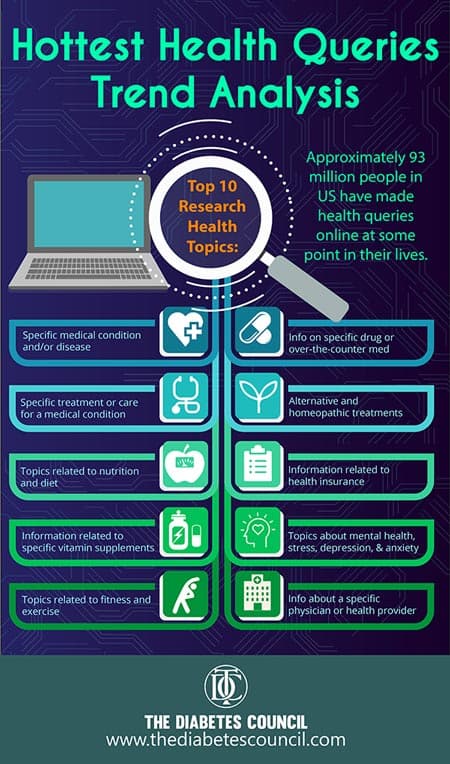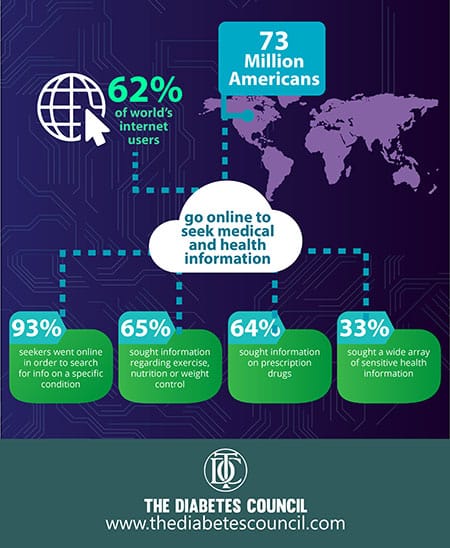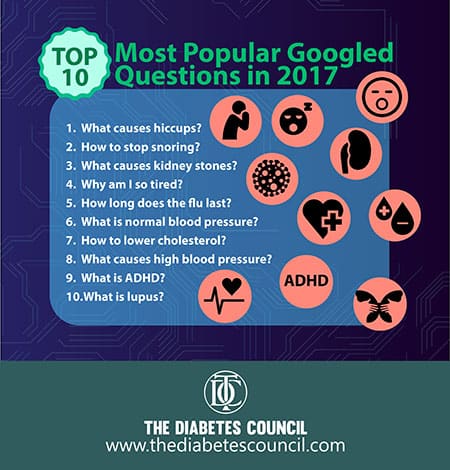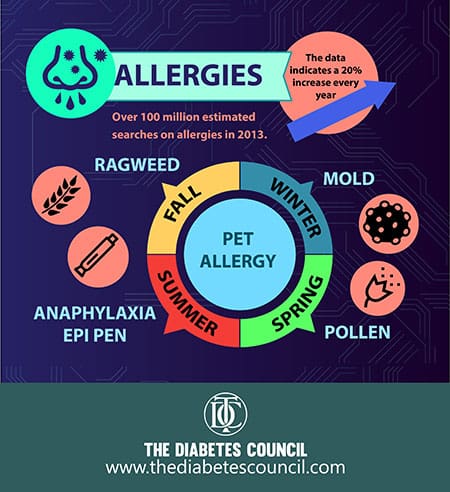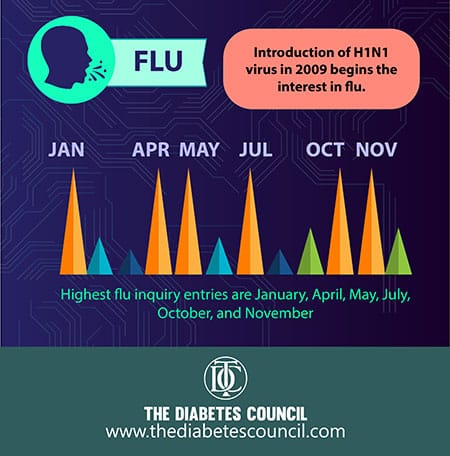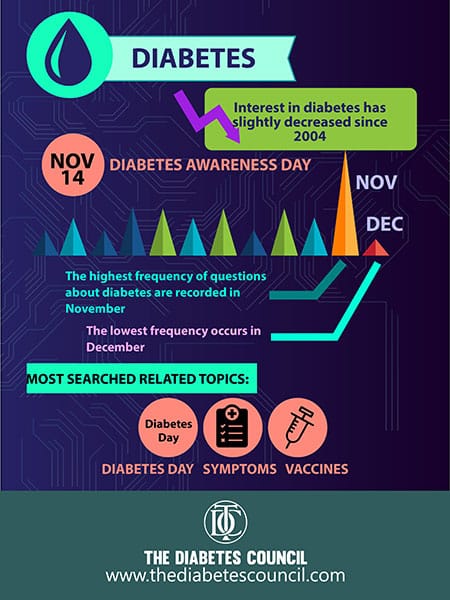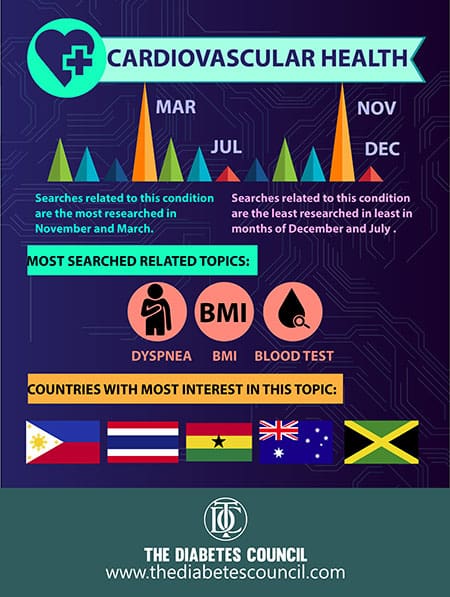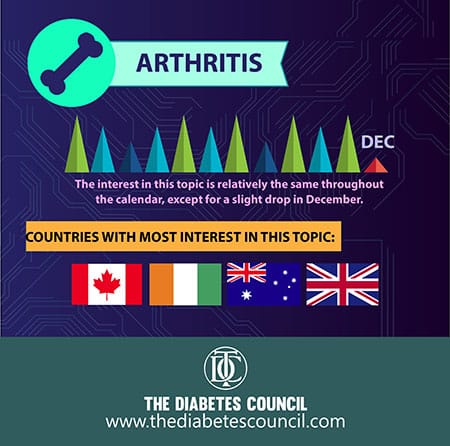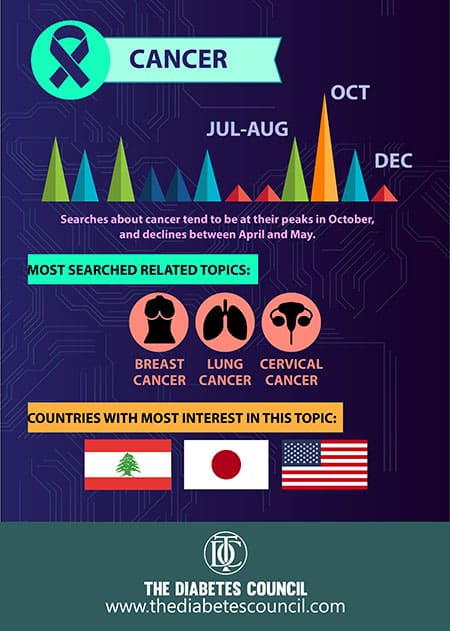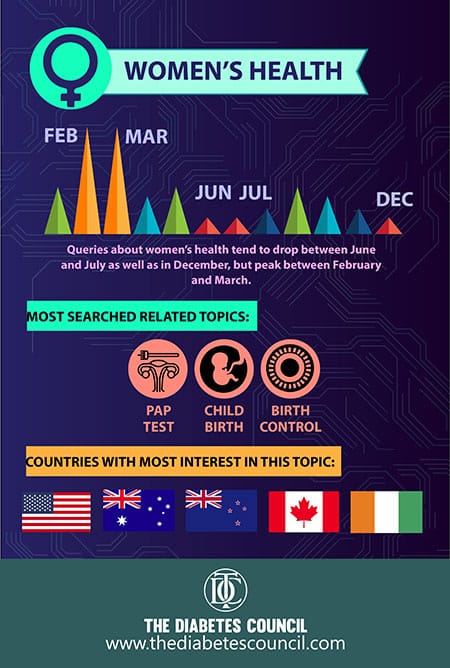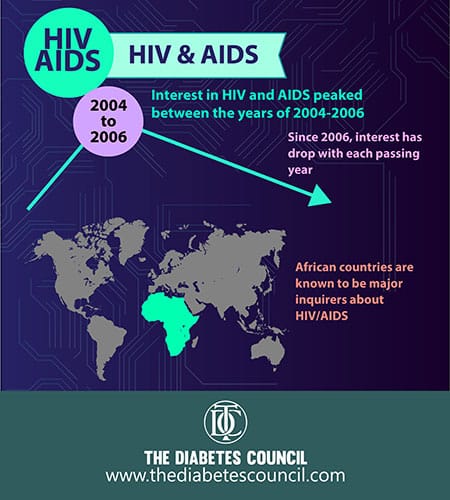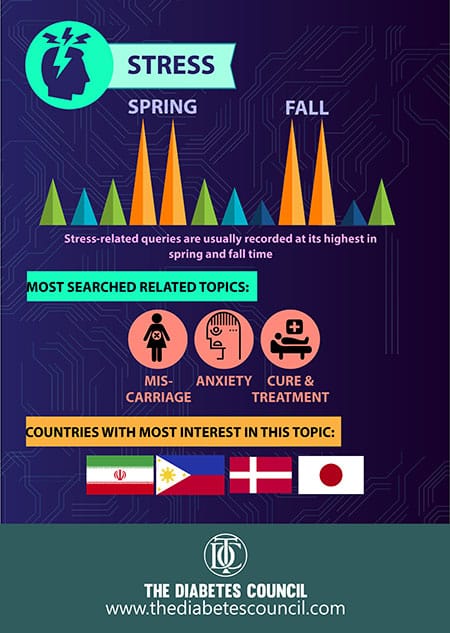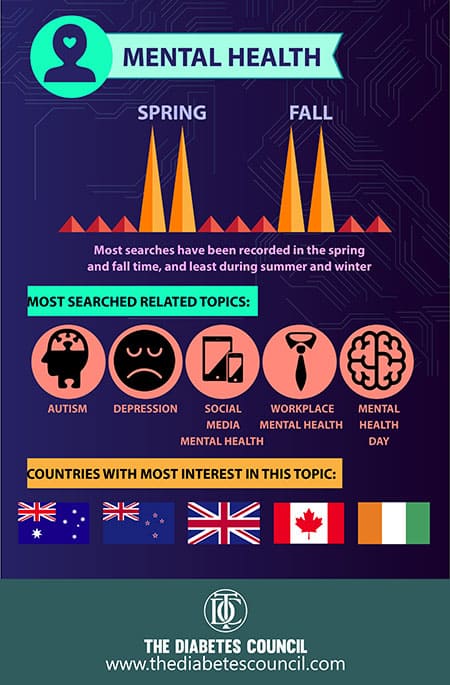According to statistics from the Pew Internet & America Life Project, approximately 93 million individuals in the United States have made health queries online.
Curious about what they are and at what time of the year are they most inquired about?
In this most comprehensive article, we will share with our readers the data that we have gathered based on such statistics and researches, and put them in simple terms.
Out of all the health-related topics being researched, the top 10 categories are:
- Specific medical condition and/or disease
- Specific treatment or care for a medical condition
- Topics related to nutrition and diet
- Information related to specific vitamin supplements
- Topics related to fitness and exercise
- Information on specific drug or over-the-counter medication
- Alternative and homeopathic treatments
- Information related to health insurance
- Topics related to mental health, stress, depression, and anxiety
- Information related to a specific physician or health provider
Contents
Statistics on Health Information Search
As the internet has become much more complex in the last few decades, there is no doubt that a large portion of its usage is related to medical and health information queries from people of all stages of life.
In fact, the Pew Internet Project (one of the largest national surveys ever conducted in history) indicates that approximately 62% of the world’s Internet users (of which there are about 73 million of those people living in the United States) go online to seek medical and health information.
The same study revealed:
- 93% of these health information seekers went online in order to search for information on a specific condition
- 65% of them sought information regarding exercise, nutrition or weight control
- 64% of these people sought information on prescription drugs
- 33% sought a wide array of sensitive health information
Over half of the total respondents reported that they made use of the web for health-related information at least every few months.
I recommend reading the following articles:
- Diabetes Foods To Eat & Avoid
- 40 Financial Experts Share Ways to Save Money on Diabetes Care
- CDE Interview: Angela Manderfeld
- The Most Common Health Concerns For The Elderly And Seniors And How To Prevent Them
- Why Diabetes Can Cause Dirty Neck Syndrome?
- Feeling Irritated? – This May Be Due to Your Undiagnosed Diabetes
Top 10 Most Popular Search in 2017
From January to December 2017, the top 10 most popular health-related searches in the United States have been the following:
- What causes hiccups?
- How to stop snoring?
- What causes kidney stones?
- Why am I so tired?
- How long does the flu last?
- What is normal blood pressure?
- How to lower cholesterol?
- What causes high blood pressure?
- What is ADHD?
- What is lupus?
Allergies
Another topic that seems to be steadily growing is allergies. There was an expected number of over 100 million searches in 2013, and the number has been progressively increasing at 20% rate every year.
Although data fluctuate throughout the seasons, there are a significant amount of individuals who engage in searches around the year because allergy during the fall is different from the Spring allergen sources. For instance, while there is an increase in “ragweed” search during the start of fall, “pollen” searches are on the rise when spring begins. This pattern continues to hold true year after year.
While there seems to be an increase in awareness and research for various forms of allergies, the interests for anaphylaxis and other life-threatening diseases have definitely been on the upturn. As a matter of fact, inquiries related to “anaphylaxis” have increased by 15% this year. The statistics has given credence to the fact that these searches are at their peak during “back to school time”. In addition, from August to September, there is usually around a 20-30% increase in searches of “Epi Pen” and “anaphylaxis”. And during winter time, the concern is mostly on mold allergy.
Another allergy that has seen steady search numbers over the years is pet allergies. There hasn’t been much by way of seasonal fluctuations and trends, however the growth of this category is at a steady 35% year over year. The interest showed in allergies has been on the steady increase in the past 4 years.
Flu
Queries regarding the flu are most frequent during winter time with the peak month usually being January. But since the introduction of H1N1 flu in 2009, there has been increasing interests in the last 14 years. Other months with the highest flu inquiry entries are April, May, July, October, and November.
Diabetes
Interest in diabetes has slightly decreased since 2004. The highest frequency of questions about diabetes are recorded in November (especially considering the act that November 14 is the World Diabetes Day). The lowest frequency occurs in December.
Diabetes-related queries tag that acquire the most searches within the past year are:
- World Diabetes Day
- Diabetes symptoms
- Vaccine for diabetes
Cardiovascular Health
An interest in cardiovascular diseases has been on a stable decrease since 2004. Searches related to this condition are the most researched in November and March (end of fall and the beginning of spring), and the least in months of December and July (winter and summer).
Related topics that receive the most inquiries are:
- BMI (Body Mass Index)
- Blood test
- Dyspnea
In the previous 12 months, countries with the highest searches of cardiovascular diseases have been:
- Philippines
- Thailand
- Ghana
- Australia
- Jamaica
Arthritis
Arthritis-based inquiries waned between 2004 and 2013, but began to increase in 2013 and has continued until now. The interest in this topic is relatively the same throughout the calendar, except for a slight drop in December.
People who are most interested in this topic tend to come from:
- Canada
- Ireland
- Australia
- United Kingdom
Cancer
Searches about cancer tend to be at their peaks in October, and declines between April and May. The months with the least probe about the topic are:
- July
- August
The most frequently searched form of cancers are:
- Breast cancer
- Lung cancer
- Cervical cancer
It is important to note that the cures and treatments for these cancers are also highly researched online.
Interestingly, the countries with the highest cancer searches are:
- Lebanon
- Japan
- United States
Women’s Health
There had been a decreased level of interest in women’s health since 2004. However, a sudden spike was recorded in 2016, and that level of interest has been maintained ever since. For women’s health-related searches, queries tend to drop between June and July as well as in December, but peak between February and March.
Aspects that get the most searches include:
- Pap tests
- Childbirth
- Birth control
The countries with the most searches related to this topic are:
- United States
- Australia
- New Zealand
- Canada
- Ireland
HIV/AIDS
The interest showed by people in the HIV/AIDS disease was peaked between the years of 2004-2006, especially in the month of December. However, there has been a steady decline in this interest in HIV/AIDS since 2006 and has continued to drop with each passing year.
African countries are known to be major inquirers about HIV/AIDS.
Stress
Stress-related queries are usually recorded at its highest in spring and fall time. Miscarriages, and anxiety are the most searched stress-related issues, along with cures and treatments for these conditions such as stress management and alternative medicine.
Countries with the most stress-related searches are:
- Iran
- Philippines
- Denmark
- Japan
Mental Health
Statistics have showed that there had been a slight reduction in interest in mental health from 2004 till 2013. Conversely, there has been an increase in this same interest between 2013 and 2014. Most searches have been recorded in the spring and fall time, and least during summer and winter.
The most common aspects of mental health that have gotten queries:
- Autism
- Depression
- Social media mental health issues
- Workplace mental health
- Mental Health Day.
Most of the queries have been recorded in Australia, New Zealand, UK, Canada, and Ireland.
Further reading:
Concluding thoughts
In conclusion, the queries trends in health issues usually depend on the predominance of such an issue as well as how rampant it is in the world.
Some searches have varying search frequencies due to seasonal changes, while others remain of interest throughout the year.
Regardless of the fluctuation, the increased search frequency is a clear indication of the growing health awareness amongst individuals around the world.
Let us know what you think of this trend article and what other topics would you be interested in learning about. If you have any comments please post them below.
TheDiabetesCouncil Article | Reviewed by Dr. Christine Traxler MD on June 01, 2020


